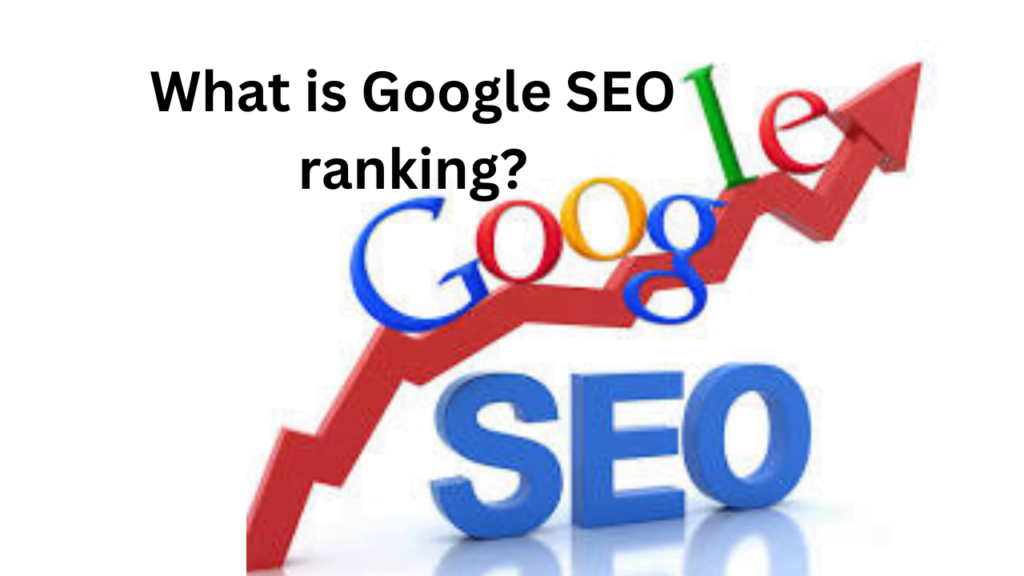Google SEO ranking?
How to Earn Money with TrueRanker
Google SEO ranking refers to the position of a webpage in Google’s search results for a particular search query. The higher a webpage ranks, the more likely it is to be seen by users and receive organic traffic.

Here’s a breakdown of SEO ranking:
- Search Engine Optimization (SEO): The process of optimizing a website to improve its visibility and ranking in search engine results pages (SERPs). This involves making a website more relevant to specific keywords and phrases that users are searching for.
- Ranking: The position a particular webpage holds on a SERP for a given search query. The ranking is determined by Google’s complex algorithms that consider hundreds of factors, including the relevance of the content, the website’s authority, and the user’s search intent.
Top 10 Affiliate program Earn 100 $
Why is Google SEO ranking important?
A higher SEO ranking can lead to:
- Increased website traffic
- More brand awareness
- Improved lead generation
- Higher sales
Factors affecting Google SEO ranking:
There are many factors that can affect a website’s SEO ranking, but some of the most important ones include:
- On-page optimization: This refers to optimizing the content and structure of a webpage to make it more relevant to specific keywords. This includes factors like keyword research, title tags, meta descriptions, header tags, and content quality.
- Off-page optimization: This refers to factors outside of a website that can influence its ranking. This includes factors like backlinks, social media shares, and brand mentions.
- Technical SEO: This refers to the technical aspects of a website that can affect its crawl-ability and indexability by search engines. This includes factors like website speed, mobile-friendliness, and site structure.
By understanding and optimizing for these factors, website owners can improve their chances of ranking higher in Google search results.
Here are some additional tips for improving your Google SEO ranking:
- Create high-quality, informative content that is relevant to your target audience.
- Use relevant keywords throughout your website, but avoid keyword stuffing.
- Build backlinks to your website from high-quality websites.
- Make sure your website is mobile-friendly.
- Optimize your website’s loading speed.
- Submit your website to Google Search Console and verify ownership.
- Use structured data to help search engines understand your content.
By following these tips, you can improve your website’s SEO ranking and attract more organic traffic.
